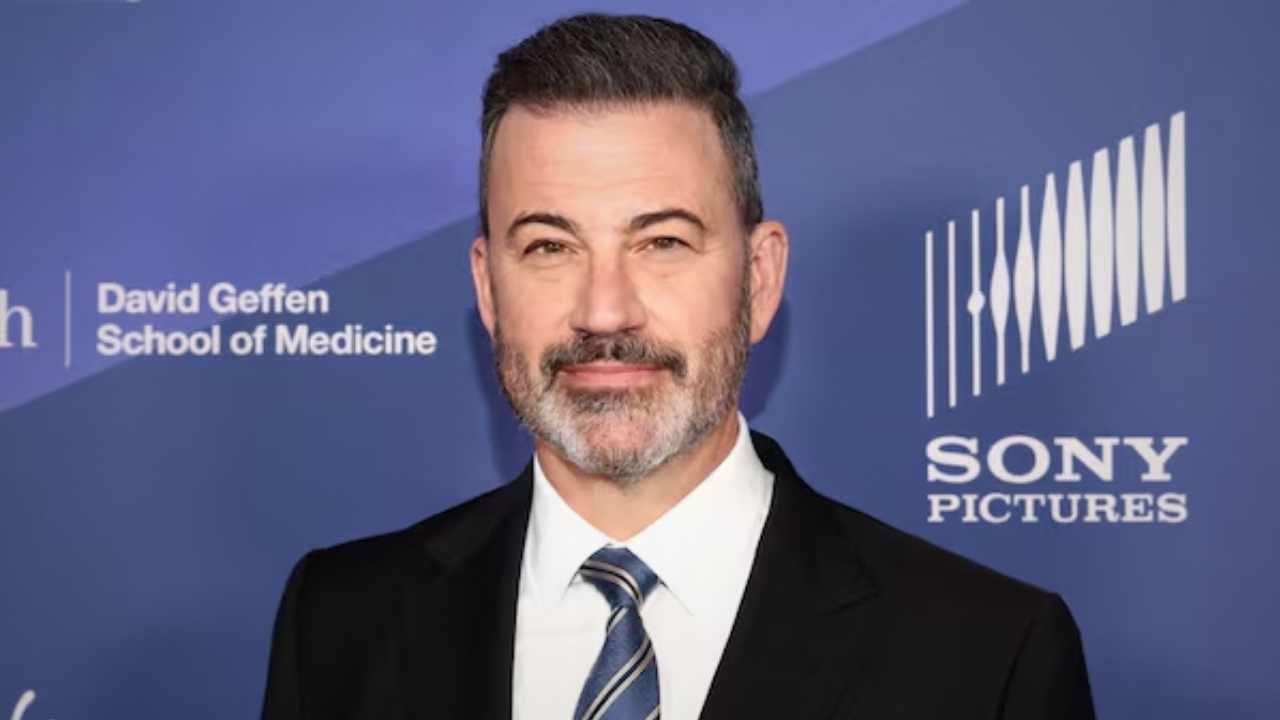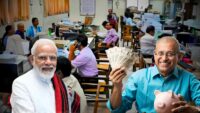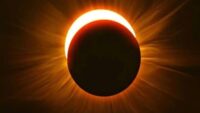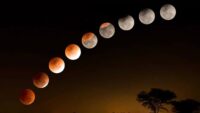America’s late-night television scene has been rocked by the suspension of comedian Jimmy Kimmel, sparking a fierce debate over free speech, political pressure, and the role of entertainment in democracy. Kimmel was taken off air by ABC following controversial remarks about the killing of conservative activist Charlie Kirk, igniting a wave of solidarity from fellow talk show hosts and escalating tensions with President Donald Trump.
“We Are All Jimmy Kimmel”
Stephen Colbert opened his show with a pointed message: “We are all Jimmy Kimmel,” calling the suspension a “blatant assault on freedom of speech.” Seth Meyers echoed the sentiment, describing Kimmel as a close friend and condemning what he framed as a government-driven attack on expression. Jon Stewart and Jimmy Fallon joined in with satirical sketches that poked fun at Trump, portraying themselves as being forced to heap praise on the president.
The coordinated response highlights how late-night television, once primarily entertainment, has evolved into a battleground for political commentary and cultural influence. For many viewers, these hosts represent not just humor but a voice of dissent against political overreach.
Trump’s Threats and FCC Scrutiny
The controversy intensified after Trump claimed mainstream networks were overwhelmingly negative about him and hinted their broadcast licenses could be revoked. Brendan Carr, chairman of the Federal Communications Commission (FCC), criticized Kimmel’s comments as “sick” and suggested the comedian misled the public by tying Kirk’s suspected killer to Trump’s political movement.
Kimmel had said the “Maga gang” was trying to spin the narrative, likening Trump’s reaction to Kirk’s death to “how a four-year-old mourns a goldfish.” While Kimmel’s critics argue he pushed a false claim, his supporters see the suspension as capitulation to political intimidation.
Free Speech at the Center of the Storm
At the heart of the uproar is a broader question: is Kimmel’s suspension a necessary consequence of broadcasting responsibility, or a dangerous precedent of political influence over media companies? Liberal commentators argue it sends a chilling signal about the fragility of free speech in the U.S., while Trump’s supporters celebrate it as accountability for what they view as media bias.
Outside Kimmel’s Los Angeles studio, fans left placards supporting the host, some bearing messages like “Free Speech” alongside his image. The display underscores the emotional resonance of the issue beyond television screens.
A Turning Point for American Media?
Seth Meyers captured the mood when he told viewers, “This is a big moment in our democracy and we must all stand up for freedom of expression. There is a reason free speech is in the very First Amendment.” His words reflect a wider anxiety: that the clash between political power and media independence is reaching a new and potentially dangerous phase.
For now, Kimmel’s fate remains uncertain, but the controversy has placed late-night television at the center of America’s cultural and political conversation. Whether his suspension is reversed or becomes permanent, the fallout will likely shape debates about press freedom, media accountability, and the limits of political influence over entertainment for years to come.









